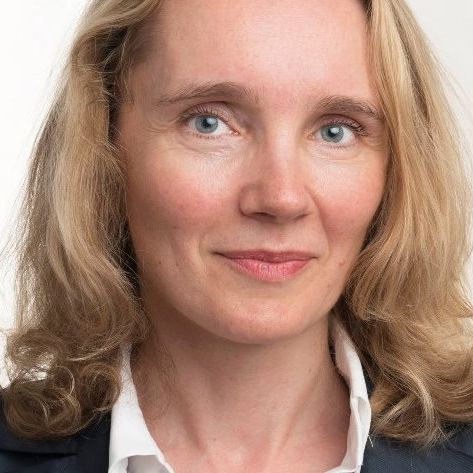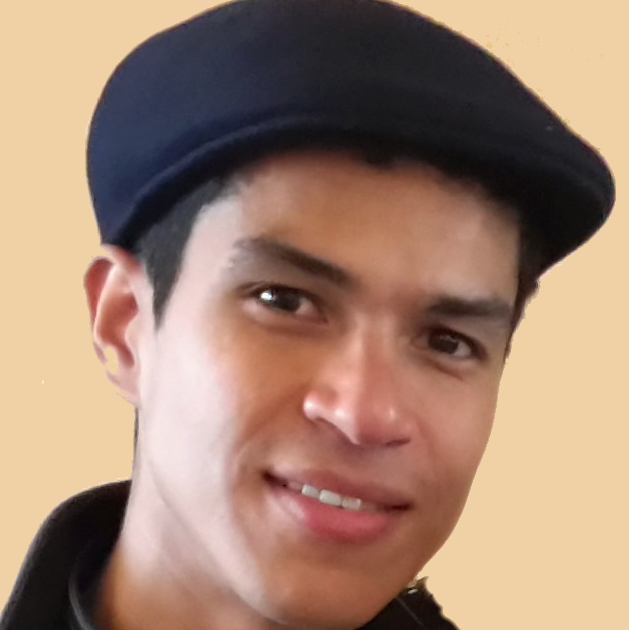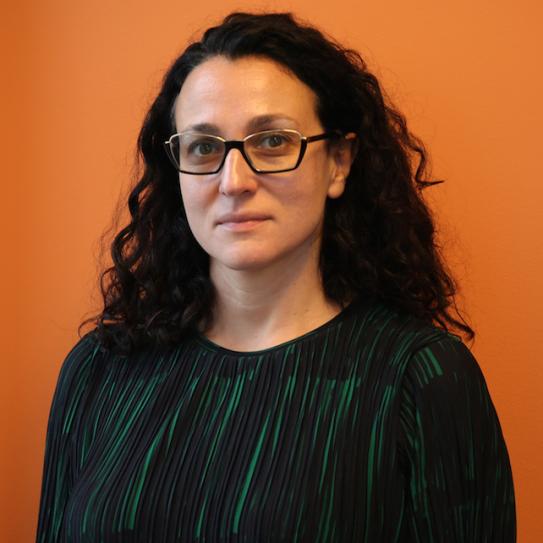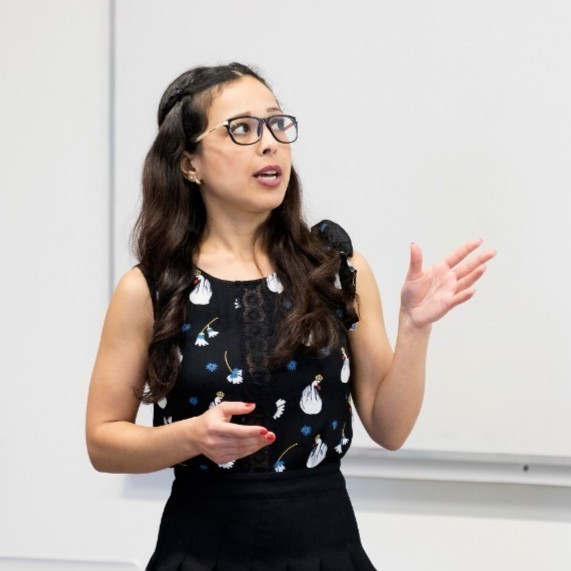This tutorial focuses on scientific experiments to enhance approaches, methodologies and models presented in scientific articles. We will study different typologies of publications to showcase the content of your research. Based on case studies we develop a methodology to structure the experimentation process.
We propose in this tutorial an experience on designing experiments for a specific scientific article, paper submission on easychair, reviewing articles by participating in a program committee (PC) dedicated to the event. (lecture and practical work)
We propose in this tutorial an experience on designing experiments for a specific scientific article, paper submission on easychair, reviewing articles by participating in a program committee (PC) dedicated to the event. (lecture and practical work)








